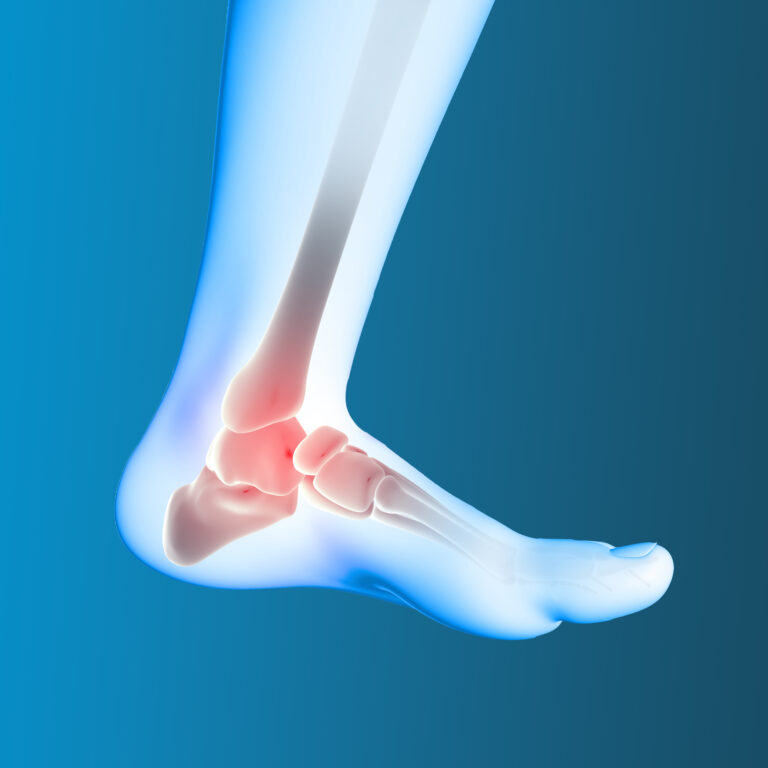A hip fracture is a break at the top part of the femur or thigh bone. These fractures typically result from high-energy injuries such as car accidents in younger patients and often from falls in elderly patients. Hip fractures are among the most common types of broken bones, and for those over the age of 65, a broken hip is the most common reason for needing hip surgery. The recovery process after hip fracture surgery is a major concern for the injured person and their family members. They often have several questions, such as:
The Right Age for Hip Replacement Surgery
Almost everyone who breaks or fractures their hip will require surgery to fix the problem. One option could be hip replacement surgery, also known as total hip arthroplasty, a procedure to replace a worn-out or damaged hip joint. The treatment option varies depending on the location of the fractured bone and the specific patient.
Sometimes, patients’ families prefer nonsurgical treatments for these surgeries. While nonsurgical treatment for hip fractures may be an option for very sick or frail patients, most hip fractures of the femur bone will require surgery.
Optimal Recovery From Hip Fractures
The best way to recover from a hip fracture is to start moving as soon as possible. Immobility can lead to significant complications. There are several ways to accomplish hip surgery without complications.
Most importantly, the surgery should be performed soon after the injury. Thanks to medical advancements, hospitals are now better equipped to get patients with broken hips to an operating room on the day of or the day after their injury.
Depending on the condition of the patient or any medical issues, the surgery may be delayed. One common situation is when an individual on blood-thinning medication fractures their hip. The blood-thinning effects may need to be reversed before safely performing surgery.
Sometimes, patients’ families prefer nonsurgical treatments for these surgeries. While nonsurgical treatment for hip fractures may be an option for very sick or frail patients, most hip fractures of the femur bone will require surgery.
To Recover, Patients Must Regain:
- Mobility: For all joints to function properly, they need to move. Without proper movement, joints and muscles cannot function correctly.
- Strength: Restoration of muscle strength is critical after breaking a hip. It is vital to get the muscles working as soon as possible after surgery to prevent potentially permanent atrophy of the muscle tissue.
- Balance: Recovery of balance is essential not only to regain function but also to prevent further potential injuries. The use of ambulatory aids (canes or walkers) can be helpful.
Full healing of a broken hip can take many months. Typically, a hip fracture takes 10-12 weeks to heal and much longer to regain muscle strength and mobility. Usually, within six months of the surgery, a patient can get close to full recovery.
That said, one should not wait or delay for months or longer to be active in their recovery therapy. As time passes, the likelihood of regaining function declines. The strongest recoveries are made early in the initial recovery process.
Wrapping Up…
Hip fractures are serious injuries, and while full recovery is possible, timely surgery, early rehabilitation, and patience for a long recovery are important. Hopefully, you or your loved one will be able to return to all the activities you enjoy!
Disclaimer: The information provided in this blog post is for general informational purposes only and should not be considered professional advice. Before making any health-related decisions, consult with a qualified healthcare professional. The content is not a substitute for medical advice, and individual results may vary. The author and website are not responsible for any consequences arising from the use of the information provided. Use your best judgment and seek professional advice when needed.



